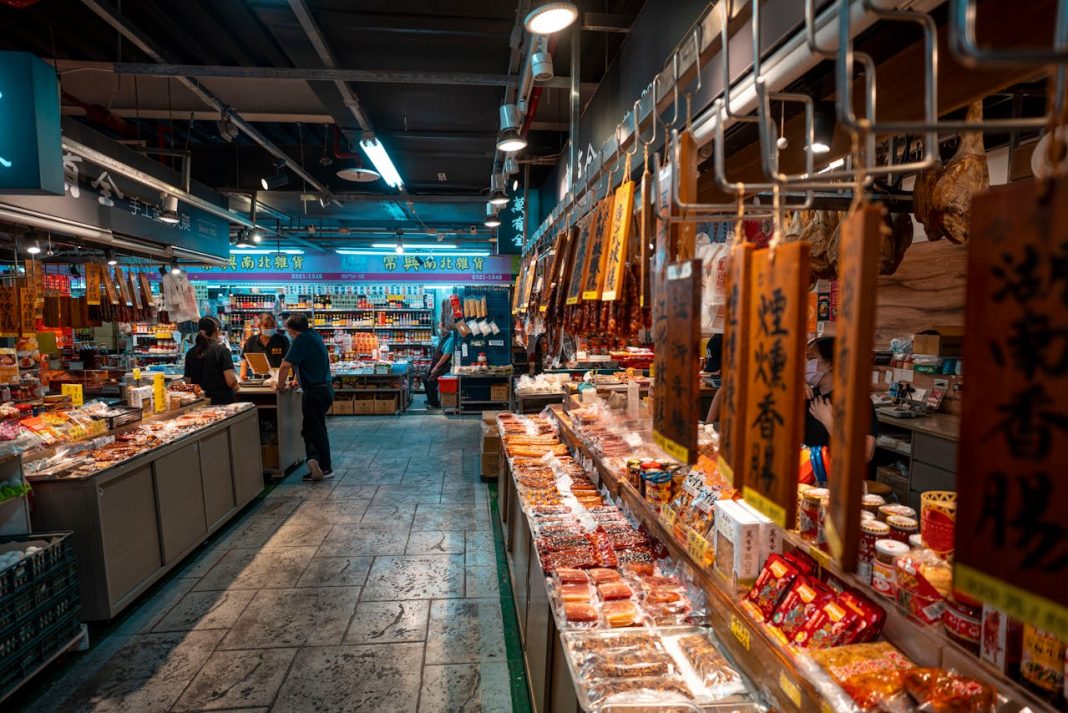THAILAND: The Joint Standing Committee on Commerce, Industry, and Banking (JSCCIB) has called on the Thai government to strengthen legal actions against the increasing influx of inexpensive Chinese products into the local market, a trend expected to intensify this year.
According to the Bangkok Post, Sanan Angubolkul, chairman of the Thai Chamber of Commerce and a key member of the JSCCIB, expressed concern that current protective measures are insufficient in shielding Thai manufacturers.
“The ongoing flood of imports continues to hurt local businesses, and the existing policies are not robust enough to provide the necessary protection,” Angubolkul stated.
The government has already enacted certain measures in response to this growing issue. The Customs Department has imposed a 7% value-added tax (VAT) on imports valued at less than 1,500 baht to slow their sales.
Additionally, the Thai Industrial Standards Institute (TISI) has ramped up inspections of products listed on online platforms to ensure quality standards are met.
Further actions are anticipated as the government moves forward with plans to sign a memorandum of understanding with major e-commerce platforms early this year, aimed at removing substandard imported products from their marketplaces.
However, the JSCCIB has urged to adopt more decisive measures, including invoking the 1999 Anti-Dumping Act and the 2007 Safeguard Measures on Increased Imports Act to tackle the flood of low-cost goods from China.
The committee believes such actions are crucial as a new round of the US-China trade war looms.
President-elect Donald Trump, set to take office on January 20, has threatened to impose tariffs of 10-20% on all imported products, with a stark 60-100% tariff on goods from China.
This geopolitical shift is expected to prompt Chinese entrepreneurs to increase exports to Southeast Asia, particularly to ASEAN nations, including Thailand.
The Federation of Thai Industries (FTI) has warned that more Thai manufacturers could be adversely affected, with the number of industries impacted potentially rising from 25 to nearly 30 in the coming year.
“The trade war will result in a surge of Chinese goods flooding our market, leaving many Thai manufacturers, especially small and medium-sized enterprises (SMEs), vulnerable to closure,” said FTI vice-chairman Nava Chantanasurakon.
Indeed, last year’s sharp rise in Chinese imports forced many local manufacturers to halt production, opting instead to import cheaper Chinese products due to the high cost of operations in Thailand.
“The situation is dire, especially for SMEs,” added Nava.
A survey conducted by the FTI revealed that 35.1% of the 175 entrepreneurs surveyed reported a decline in sales, attributing it to the growing dominance of low-cost Chinese goods sold via online platforms.
Sectors such as garments, furniture, plastic products, and packaging have been particularly hard hit.
While the Thai government’s initiative to have TISI collaborate with the Customs Department to inspect the quality of imports is a positive step, the FTI warns that many substandard products continue to enter the market, undermining local industries and eroding consumer confidence.
As Thailand braces for the year ahead, the JSCCIB’s call for stronger, more comprehensive measures underscores the urgent need for government intervention to safeguard the future of Thai manufacturing in the face of mounting international challenges.






